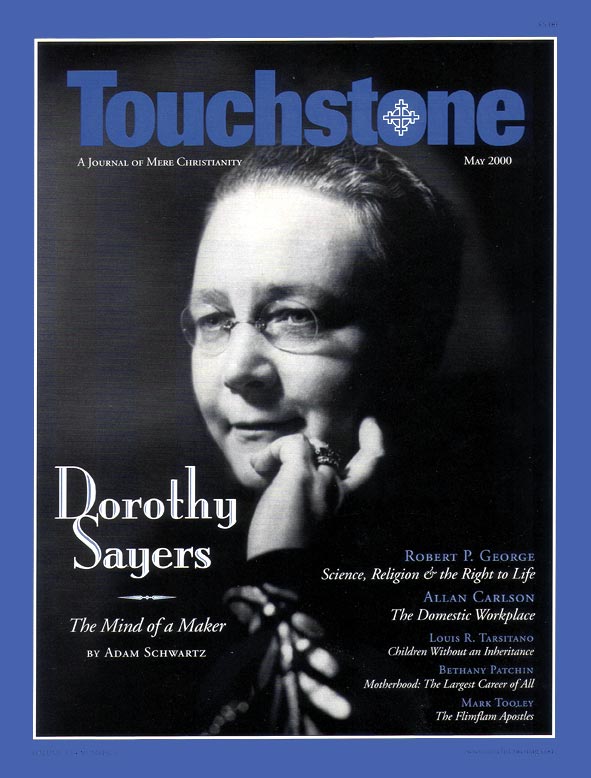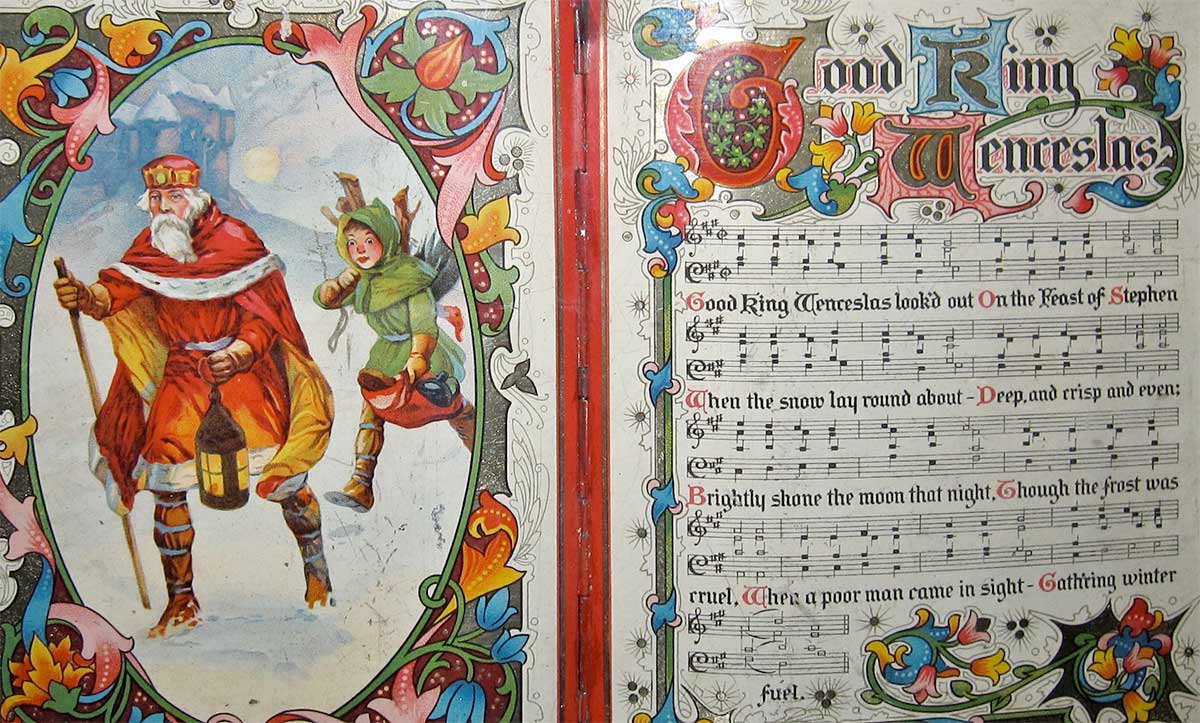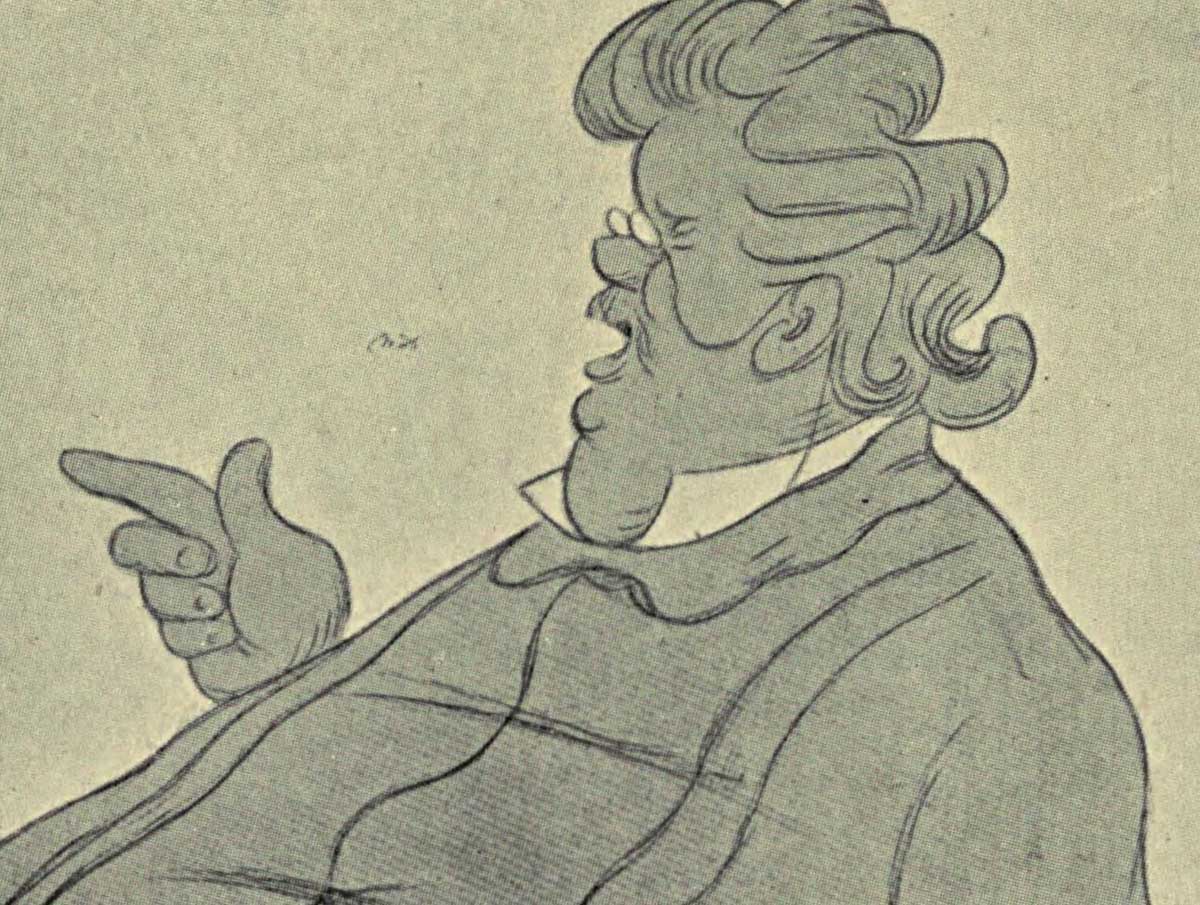Book Review
A Lonely Poet
Emily Dickinson and the Art of Belief
by Roger Lundin
Grand Rapids, Michigan: Eerdmans, 1998
(272 pages; $16.00, paper)
by Patrick Henry Reardon
A biography of Emily Dickinson? Hmm. Even though a number of authors had set hands to the task, I would have thought it no light labor to craft an interesting account of a decidedly odd nineteenth-century spinster who seems never to have gone anywhere or done much of anything except sit in her room for more than half a lifetime to test composing the most lines of poetry with the fewest active verbs. Personally, about all I could say to Miss Dickinson would be “Oh really, Emily, get a life.”
Nonetheless, in Emily Dickinson and the Art of Belief, arguably one of the best 1998 releases from Eerdmans (after, that is, David Mills’s The Pilgrim’s Guide), Professor Roger Lundin of Wheaton College took up that biographical challenge and carried it off very well. The major merit of this book, I believe, derives from Lundin’s ability to place Dickinson’s poetry within the intellectual currents of her day. The latter included a later stage of the Romantic movement and, perhaps more significantly, the strong Whig morality left over after the older New England Puritanism had, within just a few generations, strayed from its doctrinal course.
Dickinson’s Reality
“Hers was to be a quintessentially modern world,” Lundin writes of Dickinson, “one in which inner realities outweighed the whole of the outside world.” But there is a problem here, as I see it, having to do with the meaning of the word “reality.” In classical Realist philosophy, the mind’s inner world truly is larger and more real than the outer world of the senses, by reason of the intellect’s capacity to perceive the universal “forms” of eternal truth. Because free from the vicissitudes and death attendant upon the physical realities known through the senses, these noetic forms were perceived to have more reality than the material world that pointed to them.
Such is the conviction that makes a leaf weigh more than a sack of coal in C. S. Lewis’s The Great Divorce and men appear as ghosts in a world in which everything was “so much solider than things in our country.” In the expression of Pavel Florensky, the mind pursuing truth thus proceeds de realibus ad realiora, “from things real to things more real.” Is this what Emily Dickinson meant?
Lundin demonstrates convincingly that it is not. A child of modern thought, Dickinson apparently did not believe that the outer world itself really had anything to say. In order to “say” anything to us, after all, the world would have to be a kind of linguistic medium employed by God—coeli enarrant gloriam Dei. If, as I think to be the case, Lundin is correct in his interpretation of her, Emily Dickinson held no such view.
Following lines of German philosophy and English-language romanticism, she did not regard the world around her as a sacrament or type of transcendent reality, but as a metaphor or deliberately chosen trope by which to endow the world with her own meaning. That “inner reality,” the world within her mind, was not a reality discovered but a “truth” created by her own imaginative powers. That is to say—nor does Lundin scruple to say it—Dickinson was in the business of creating truth. She felt herself obliged to assume this task, you see, since God had not seen fit to do so. She was forced to rely solely “On Columnar Self.”
A Lonely Task
The creation of truth strikes me as a conspicuously lonely task, and Emily Dickinson was a lonely woman. For whatever reasons (and Lundin judiciously weighs all the suggested possibilities) she gradually cut herself off from much of human discourse, so gradually that hardly anyone thought it strange that she eventually went fifteen years without leaving home.
Patrick Henry Reardon is pastor emeritus of All Saints Antiochian Orthodox Church in Chicago, Illinois, and the author of numerous books, including, most recently, Out of Step with God: Orthodox Christian Reflections on the Book of Numbers (Ancient Faith Publishing, 2019).
bulk subscriptions
Order Touchstone subscriptions in bulk and save $10 per sub! Each subscription includes 6 issues of Touchstone plus full online access to touchstonemag.com—including archives, videos, and pdf downloads of recent issues for only $29.95 each! Great for churches or study groups.
Transactions will be processed on a secure server.
more on Biography from the online archives
more from the online archives
calling all readers
Please Donate
"There are magazines worth reading but few worth saving . . . Touchstone is just such a magazine."
—Alice von Hildebrand
"Here we do not concede one square millimeter of territory to falsehood, folly, contemporary sentimentality, or fashion. We speak the truth, and let God be our judge. . . . Touchstone is the one committedly Christian conservative journal."
—Anthony Esolen, Touchstone senior editor












